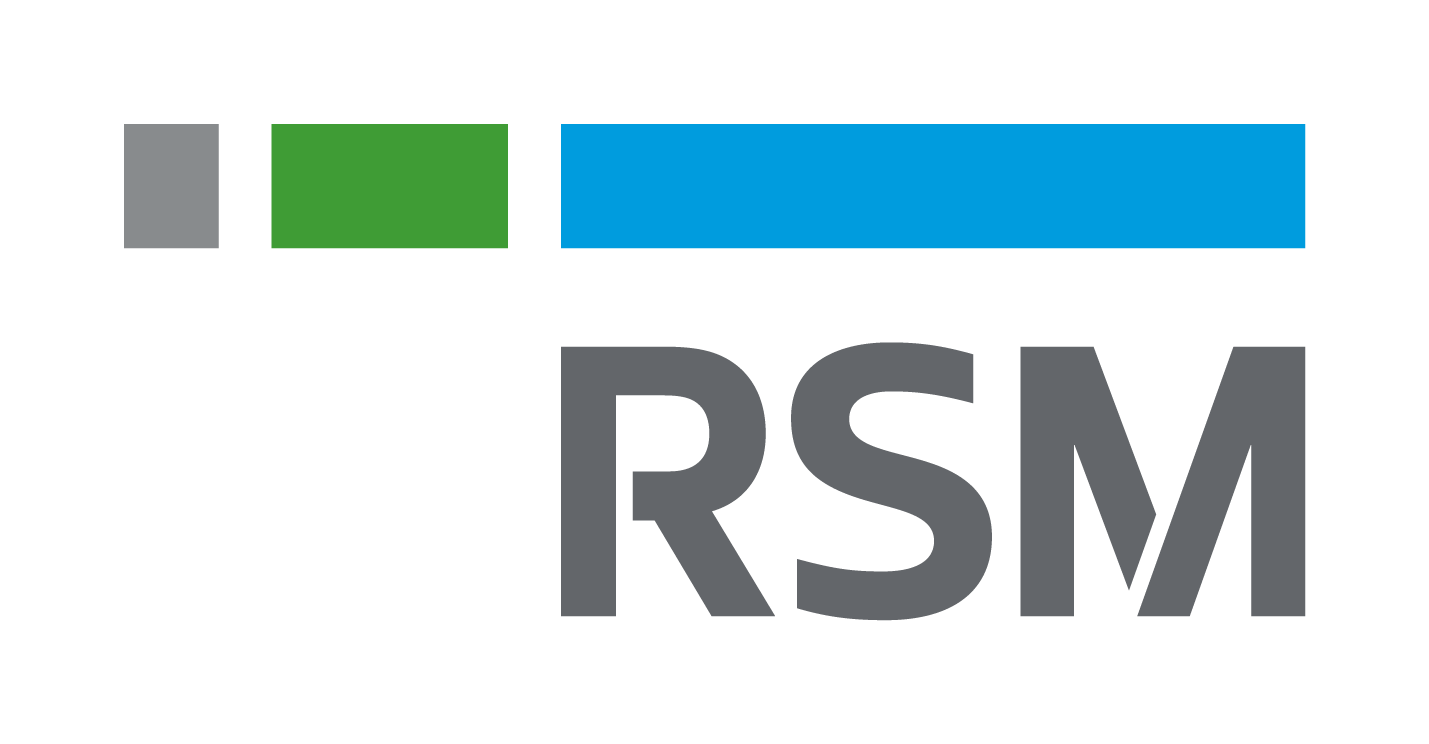Understanding the Differences in Residency Qualifications: Comparing Expatriates vs. Local Hires in Japan
September 28, 2023
This page explains the differences between the “Intra-Company Transferee” and “Engineer/Specialist in humanities/International services” visas in Japan:
Differences in Education and Work Experience Requirements:
For the “Engineer/Specialist in humanities/International services” visa category, applicants must have an educational background relevant to their work (such as a university or junior college degree) and 10 years of work experience (3 years for international services).
In contrast, the “Intra-Company Transferee” category has no specific education or work experience requirements. As long as the employee has been working in roles aligning with “Engineer/Specialist in humanities/International services” for at least one year in an overseas corporation and is being transferred for similar work in Japan, qualifications are met. Even graduation from high school is acceptable, there is no strict requirement that the work at the overseas corporation directly corresponds to the work at the Japanese corporation, and work experience is not mandatory.
Difference in Contracting Entities:
“Engineer/Specialist in humanities/International services” visa holders must have a labor contract with a Japanese corporation. This contract can be an employment contract or an outsourcing/subcontracting agreement.
“Intra-Company Transferees” do not need a new contract with the Japanese company. The visa category is based on enrollment secondment, where the overseas company’s contract with the employee is considered a contract with the Japanese host company. “Intra-Company Transferee” assignments are of a fixed term.
In this regard, “Engineer/Specialist in humanities/International services” do not require a fixed-term or indefinite-term labor contract. Companies in Category 3 and below are required to submit a letter of dispatch or similar document stating the period of secondment, the nature of the work, and the amount of remuneration.
Work Location Restrictions for Intra-Company Transferees:
Unlike “Engineer/Specialist in humanities/International services,” “Intra-Company Transferees” are limited in terms of work location based on Appended Table 1-2 of the Immigration Control and Refugee Recognition Act. The table outlines the permitted activities for each visa category.
In the case of “Intra-Company Transferee,” the visa holder can typically work only at the company specified in the application. On the other hand, there is no such restriction for “Engineer/Specialist in humanities/International services,” so it is possible to be transferred to another company through an inter-company outsourcing contract. There are exceptions, such as transfers to the same company (e.g., the head office or branch office) or within the same group of companies, like subsidiaries of the overseas corporation. These exceptions require involvement from the overseas corporation.
It’s essential to consider these distinctions when choosing the appropriate visa category. If you are considering a transfer to an unrelated corporation under “Intra-Company Transferee,” you may risk losing your visa status, so careful consideration and specialized guidance are crucial in such cases.
Contact Us






